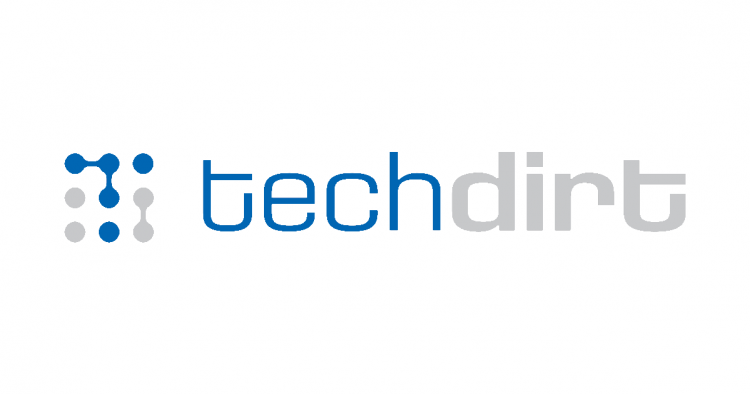from the information-wants-to-be-throttled dept
Every unhappy populace is unhappy in its own way, but every autocratic regime is the same. Vietnam may have embraced a form of capitalism that made it inviting to foreigners, but the government’s embrace has always been a bit on the strangulation side. Sure, Vietnam citizens may have more opportunities for earning money than running a rice paddy mostly free of Agent Orange, but the government is no more willing to tolerate criticism than it was back in the good old days of post-war Vietnam.
For years, the Vietnamese government has weaponized online services to control the narrative, pressuring local offices of US-based social media services to silence unhappy residents. When these tech companies pushed back, the Vietnamese government pushed back harder, demanding local retention of data to ensure it could apply its laws to US-based services.
To keep the local internet clear of dissenting voices, the Vietnamese government created a literal internet police force. “Force 47” employed thousands of flunkies tasked with burying “wrongful views” of government officials and activities. Unfortunately, US service providers largely allowed these voices to be silenced. Facebook sported an unseemly 90 percent compliance rate with Vietnamese government demands in 2017, assuring the government it could control the narrative on the largest social media platform in the world.
Having been rewarded with early concessions, the government increased its demands, mandating the removal of “wrongful views” from social media services within 24 hours of notification.
But apparently this still isn’t enough. As Fanny Potkin and Phuong Nguyen report for Reuters, the demands are increasing. No matter who’s providing social media services to Vietnamese residents, it will be the government who decides what citizens have access to.
Vietnam is preparing new rules to limit which social media accounts can post news-related content, three people familiar with the matter said, as authorities tighten their control over news and information sources in the country.
The rules, expected to be announced by the year-end and with details yet to be hammered out, would establish a legal basis for controlling news dissemination on platforms like Facebook and YouTube while placing a significant moderation burden on platform providers, two of the sources added.
If put into play, this would restrict most news dissemination to state-controlled press outlets, preventing citizens from accessing opposing views or independent journalism that punches holes in the official story. Targeting Facebook and YouTube ensures the most common destinations for social media users will become government echo chambers.
The alleged concern is that Vietnamese internet users might believe social media services are legitimate news sources. That’s an insult to the users, who most likely realize Twitter, Facebook, and YouTube do not produce their own news content. And it’s a handy way to leverage this deliberate misconception to prevent the sharing of actual news content by users — content that may conflict with official narratives.
As the report notes, the ruling Communist Party has long been in the censorship business and targets dissent both directly and obliquely to keep criticism to a minimum. The question isn’t whether the ruling party will turn this proposal into law. It most certainly will.
The real question is how obliging these services will be and how often they’ll comply with new government demands. There’s a lot at stake here and US-based companies will have to decide whether assisting the Vietnamese government in its new censorship push is an acceptable tradeoff for access to millions of users.
Vietnam is a top-10 market globally for Facebook with 60 million to 70 million users, according to 2021 data, and sources familiar with the matter said it generates around $1 billion in annual revenue for the company – surpassing France.
YouTube has 60 million users in Vietnam and TikTok has 20 million, according to 2021 government estimates, although Twitter remains a relatively small player.
None of the involved parties have issued statements or comments on the proposed rules. Obviously, the Vietnamese government hasn’t commented because it doesn’t need to waste its breath justifying more censorship. Vietnamese citizens can’t vote with their feet, much less their actual votes.
The lack of immediate objections by Facebook and YouTube are far more concerning. Perhaps they’re silent because they don’t want to tip their hands if they’ve chosen to subvert or rebel against these proposed mandates. But it could be they’re just silent because neither platform wants to lose access to millions of users, even if that means standing idly by while a repressed population experiences even more repression. And the less noise you make during the proposal process, the less attention you’re likely to draw when the rules go into effect. User retention lasts longer than news cycles — something that is far more profitable in the long run than principled stands. Hopefully, this isn’t the case, but as it stands now, there’s nothing on the record that contradicts this perception.
Filed Under: content moderation, force 47, news, sharing, sharing news, social media, vietnam
Source by www.techdirt.com





















